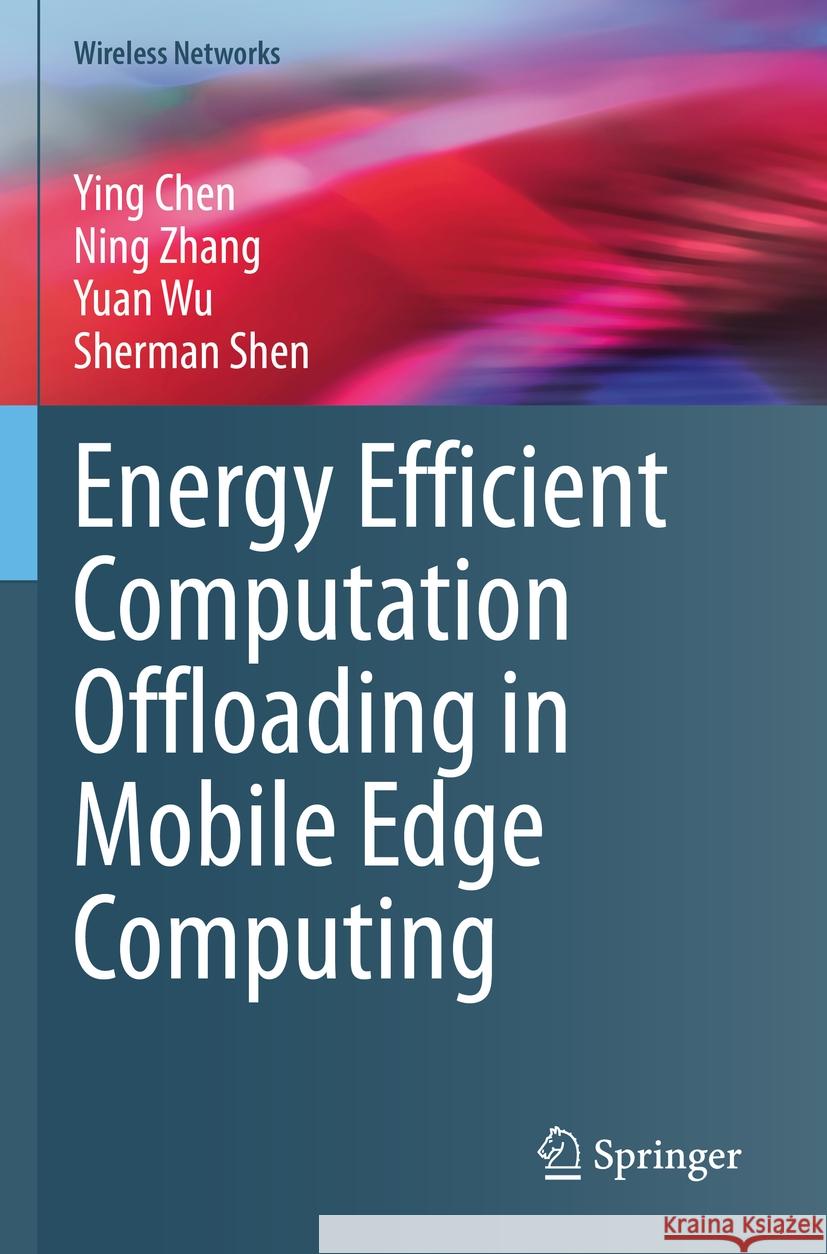Energy Efficient Computation Offloading in Mobile Edge Computing » książka
topmenu
Energy Efficient Computation Offloading in Mobile Edge Computing
ISBN-13: 9783031168246 / Angielski / Miękka / 2023
Energy Efficient Computation Offloading in Mobile Edge Computing
ISBN-13: 9783031168246 / Angielski / Miękka / 2023
cena 603,81
(netto: 575,06 VAT: 5%)
Najniższa cena z 30 dni: 578,30
(netto: 575,06 VAT: 5%)
Najniższa cena z 30 dni: 578,30
Termin realizacji zamówienia:
ok. 16-18 dni roboczych.
ok. 16-18 dni roboczych.
Darmowa dostawa!
This book provides a comprehensive review and in-depth discussion of the state-of-the-art research literature and propose energy-efficient computation offloading and resources management for mobile edge computing (MEC), covering task offloading, channel allocation, frequency scaling and resource scheduling. Since the task arrival process and channel conditions are stochastic and dynamic, the authors first propose an energy efficient dynamic computing offloading scheme to minimize energy consumption and guarantee end devices’ delay performance. To further improve energy efficiency combined with tail energy, the authors present a computation offloading and frequency scaling scheme to jointly deal with the stochastic task allocation and CPU-cycle frequency scaling for minimal energy consumption while guaranteeing the system stability. They also investigate delay-aware and energy-efficient computation offloading in a dynamic MEC system with multiple edge servers, and introduce an end-to-end deep reinforcement learning (DRL) approach to select the best edge server for offloading and allocate the optimal computational resource such that the expected long-term utility is maximized. Finally, the authors study the multi-task computation offloading in multi-access MEC via non-orthogonal multiple access (NOMA) and accounting for the time-varying channel conditions. An online algorithm based on DRL is proposed to efficiently learn the near-optimal offloading solutions.
Researchers working in mobile edge computing, task offloading and resource management, as well as advanced level students in electrical and computer engineering, telecommunications, computer science or other related disciplines will find this book useful as a reference. Professionals working within these related fields will also benefit from this book.











